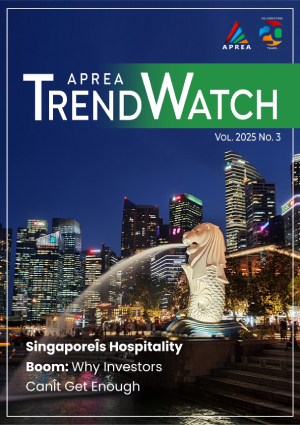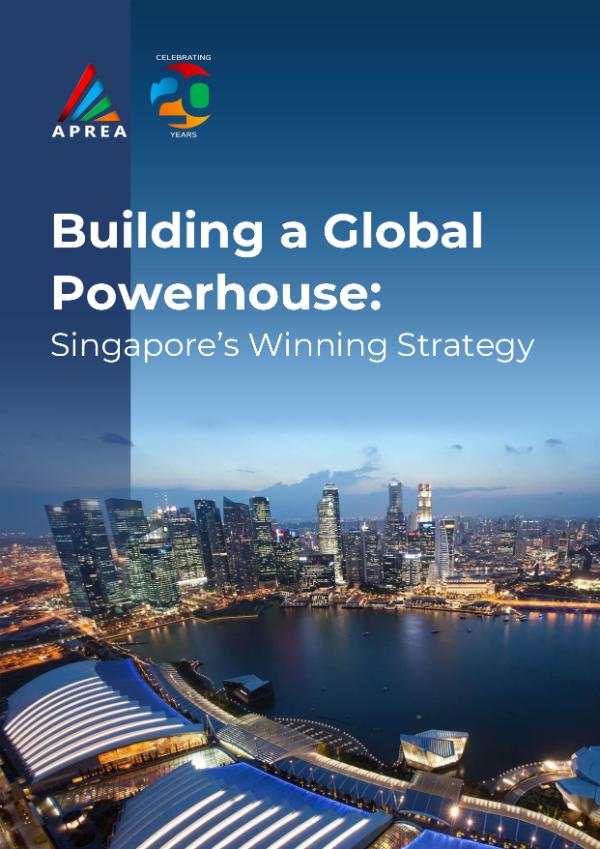Singapore’s hospitality sector is thriving, cementing its status as a global investment magnet with strong governance, infrastructure expansion, and surging travel demand. As other global cities face uncertainty, investors see Singapore as a safe and stable destination. With robust fundamentals and innovation at the core, the city-state is poised for long-term growth in hospitality.

CBRE’s latest Asia Pacific Leasing Market Sentiment Index reveals that overall leasing sentiment improved in Q1 2025, driven by a rise in office and retail demand:
Singapore is strengthening its position as a global capital market by leveraging its strategic location, regulatory incentives, and focus on emerging asset classes such as REITs, data centers, and logistics.
With the Monetary Authority of Singapore's recent SGD 5 billion investment program and streamlined listing regulations, the city-state is enhancing liquidity and attracting more regional and international players. As de-globalization and geopolitical tensions shift capital flows, Singapore’s emphasis on innovation and diversification ensures its continued relevance in the global economy.

Asia Pacific's growing influence on global capital markets is reshaping investment dynamics, positioning it as a prime source and a top destination for global cross-border capital. With stabilising economic fundamentals and sustained investment momentum, the region continues to strengthen its appeal among investors seeking growth and stability.
Key highlights of the report include:
Asia Pacific
Global